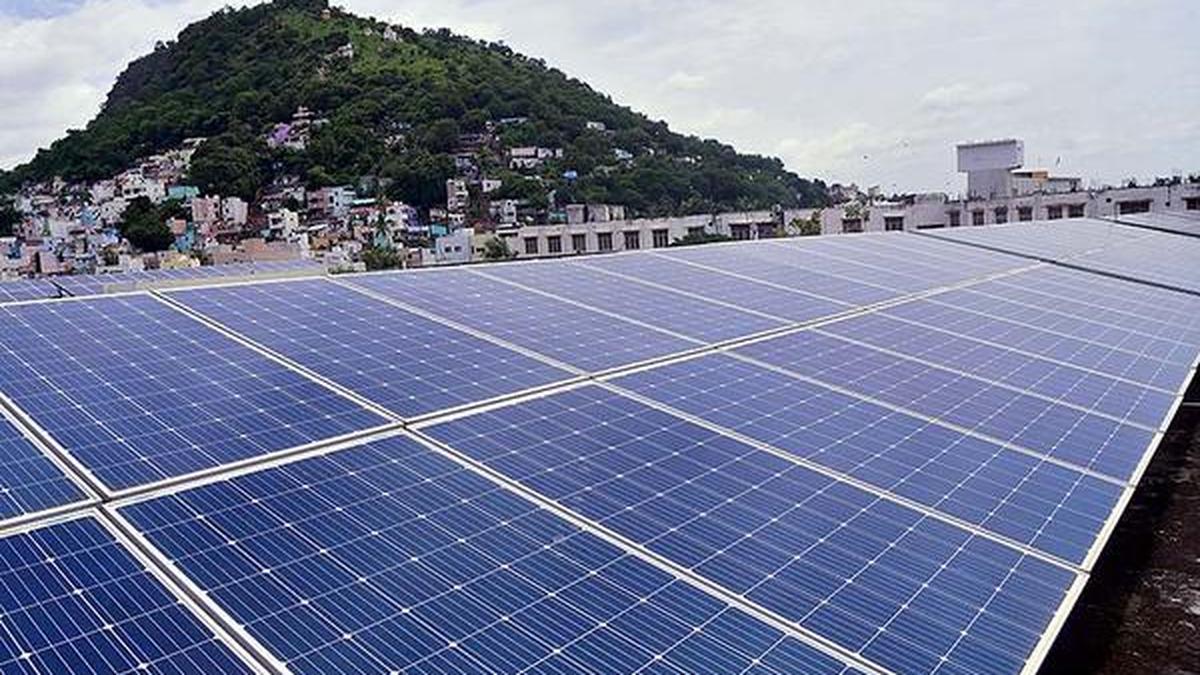Copyright dailypioneer

Most of us would agree that if we had never been here, the Earth would have remained healthy and balanced, as it was meant to be. But since we are here, our actions have disrupted the planet and caused destruction. As the world has become increasingly industrialised, we have consumed more and more of its natural resources. So, what will the economies of the future look like? Are we moving towards a global marketplace with a single currency? Will there ever be a natural equilibrium between supply and demand? Can we evolve beyond the competitive marketplace? Will we continue down the path of specialisation, or will we return to a more diverse, self-sustaining economy? Is it possible to have the best of both worlds? Can each community become entirely self-sufficient in terms of energy, agriculture, and industry, while still exchanging specialised products with neighbouring economies? These are some of the essential questions we must ask ourselves today because the most fundamental truth about our economic future lies in the stability of the natural environment. When the elements of nature remain undisturbed by human activity-when each community can depend on the quality of its soil and climate to meet its agricultural needs and provide sufficient resources for basic living-then economies will no longer be ruled by change, chance, and artificial demand. This would also mean that people would not have to borrow from others and live in long-term bondage to interest rates and debt. But how do we return to this economic Eden? Is it truly possible to create such a world today? The answer is yes-when we begin to re-establish our inner values. By placing greater emphasis on our quality as human beings, this transformation will naturally be reflected in the marketplace as well. If we value fairness, freedom of enterprise, friendship, and, most importantly, harmony with nature, we will no longer seek a competitive edge over our neighbours. Remember: if we feel content as individuals, we will not try to satisfy ourselves through business ventures at the expense of poorer economies. Instead of exploiting cheap labour and resources, our focus will shift towards restoring nature to her perfect state and ensuring the long-term viability of local resources. Rather than looking outside our own communities and economies for solutions, we will address internal problems using sound business principles and ethical practices. Instead of creating industries that serve no real purpose to society, we will strive to understand and serve the genuine needs of the local community first. By limiting our desires and finding satisfaction in the quality of our intentions and actions-rather than in the quantity of what we produce — we can overcome the urge to create goods and services merely for their own sake. We must clearly understand that inner stability and economic stability go hand in hand. The more we respect ourselves and revere the world around us, the more the natural world will serve our needs in the right way and at the right time. In the absence of greed, nature will not be pressured to give what she cannot, and human beings will not resort to dishonest means to achieve their ends. When our primary motives are to share, exchange, learn, and grow, we naturally displace the negative impulses to take, hoard, compete, and exploit. The writer is a spiritual teacher and a popular columnist; views are personal



